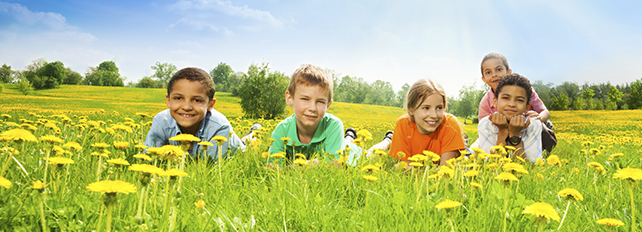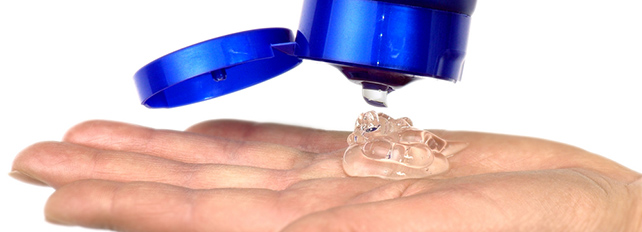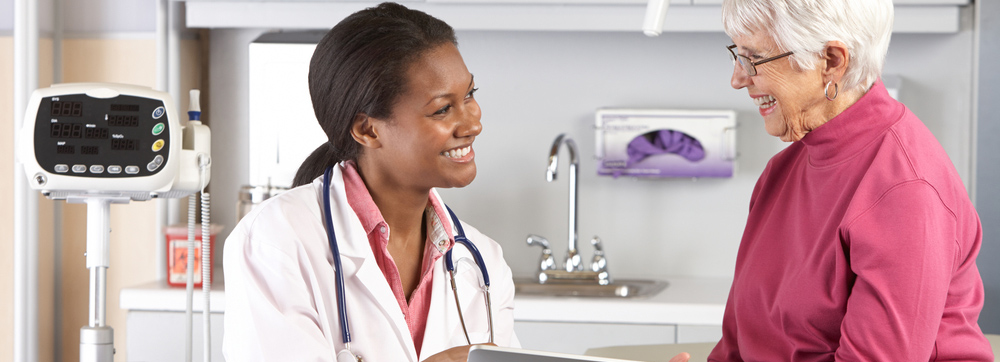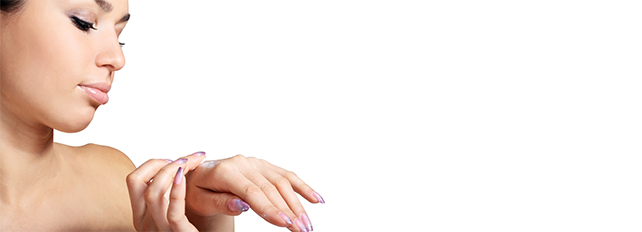Dos and Don’ts of Childhood Eczema

If you have a child with eczema (or atopic dermatitis), then you know how difficult it is to weed through all of the advice and old wives tales on how to stop the relentless itching and painful flare-ups. From bleach baths to taping socks on your child’s hands; family, friends and the Internet offer a plethora of “treatments” that are said to cure your child’s eczema. Parents desperate to help their child will try almost anything, but some of the advice is just plain wrong and can actually worsen your child’s skin conditions. So, what is a parent to do?
First and foremost, parents need to understand what causes eczema flare-ups and learn how to prevent them. Many children will experience reactions when the weather changes, especially when the seasons change from being hot and humid to cold and dry. Winter clothing can also worsen the condition. Wool or polyester clothing trap in air causing the skin to overheat and become sensitive. Certain bath soaps, detergents, and even foods can all be contributing factors to your child’s eczema outbreaks. It may take some detective work, but understanding the factors that cause flare-ups can be the key to controlling them.
To help protect a child from flare-ups avoid activities that lead to dry skin. You may want to alter your child’s bath schedule from everyday to every other day and shorten bath time. When you bathe you lose a lot of moisture especially if the water is hot. It is best to take quick baths (10 minutes) in lukewarm water, and immediately afterwards apply a thick moisturizer.
Applying TriCalm on the skin after you apply the moisturizer will help stop the itch. If the skin is open or abraded, TriCalm will sting momentarily, but the stinging sensation should dissipate quickly. Most people generally feel relief between two and 12 hours with TriCalm, but because TriCalm is steroid-free, you can apply it to your child’s skin as often as needed. TriCalm can be used on children 2 and older.
Here is a quick list of do’s and don’ts if you have a child suffering from eczema.
Do
- Do follow the advice of your dermatologist or pediatrician.
- Do follow a daily skin care routine.
- Do keep a record of eczema flare-ups.
- Do bathe in lukewarm water.
- Do use a humidifier in the house.
- Do apply a think moisturizer.
- Do use an anti-itch cream or gel to soothe skin
Don’ts
- Don’t scratch.
- Don’t rub the skin dry after a swim or bath. Just pat the skin with a soft towel.
- Don’t wear wool, nylon or heavy synthetic fabrics.
- Don’t use petroleum jelly unless it is used immediately after a bath or shower.
- Don’t wear pajamas or clothing that causes excessive sweating.
- Don’t use harsh detergents for clothes or bedding.
Sources:
http://www.eczemacanada.ca/en/Tutorials/Dos-and-Donts
http://pediatrics.about.com/cs/conditions/a/eczema_kids.htm
http://www.webmd.com/parenting/baby-eczema-questions-answers
http://www.nationaleczema.org/
Around the Web
- Eczema Tools For School
National Eczema Association’s kit for parents and kids. - Psoriasis Linked to Depression
Sufferers are twice as likely to experience depression. - Scratching Makes You Itch More
Turns out mom’s advice was right.







